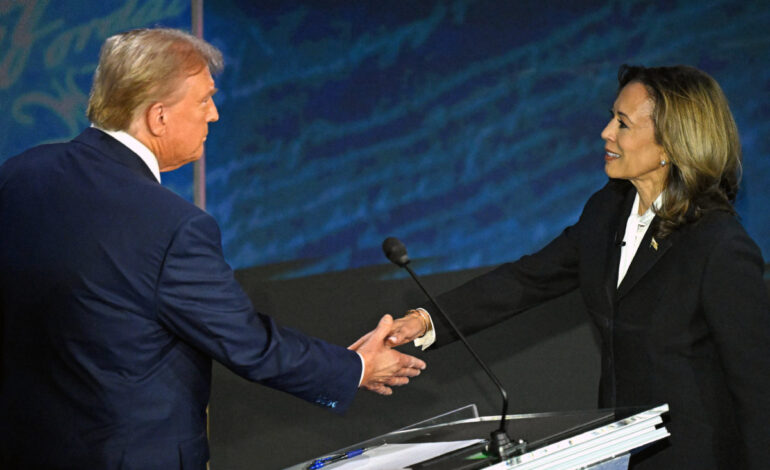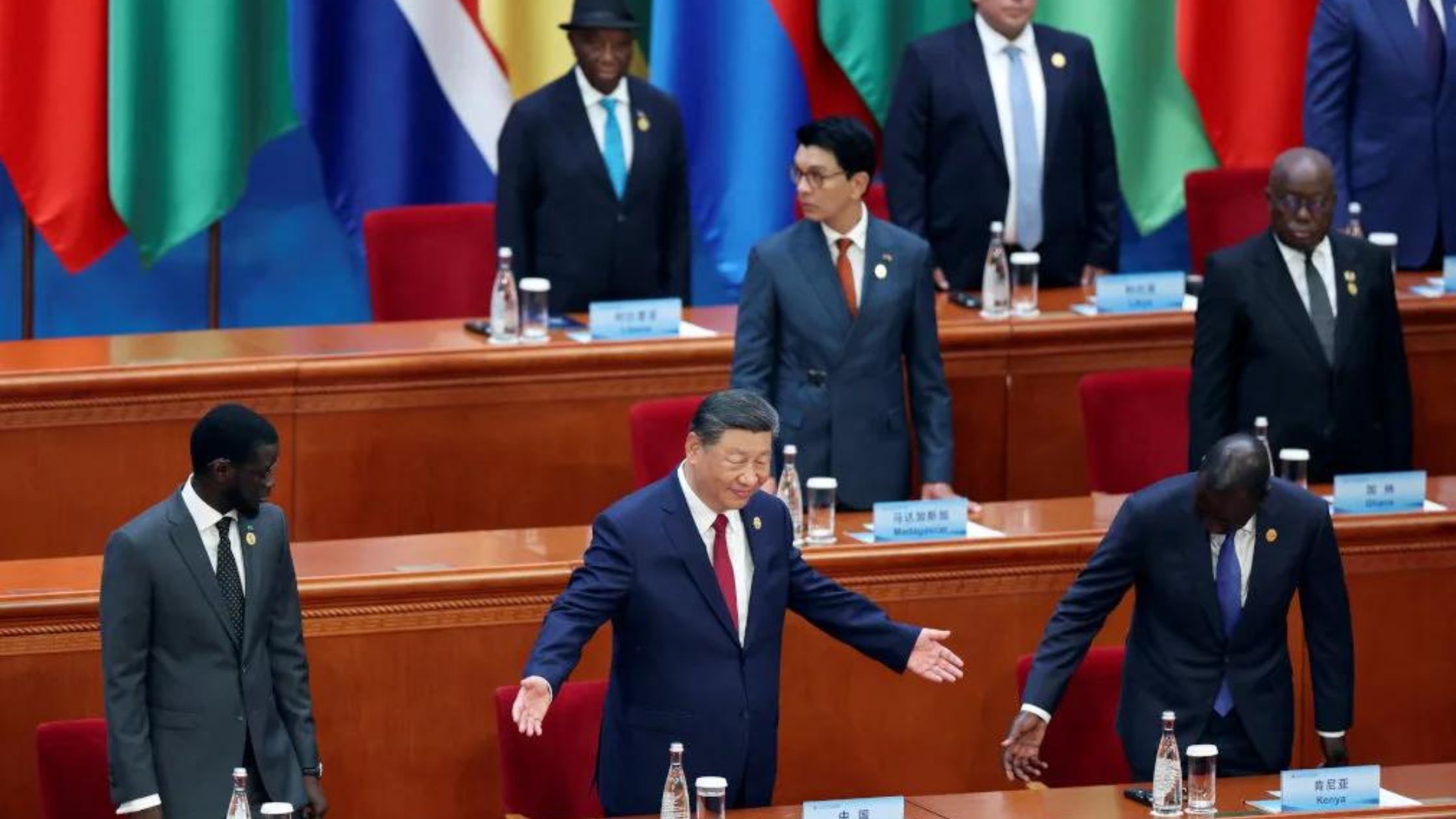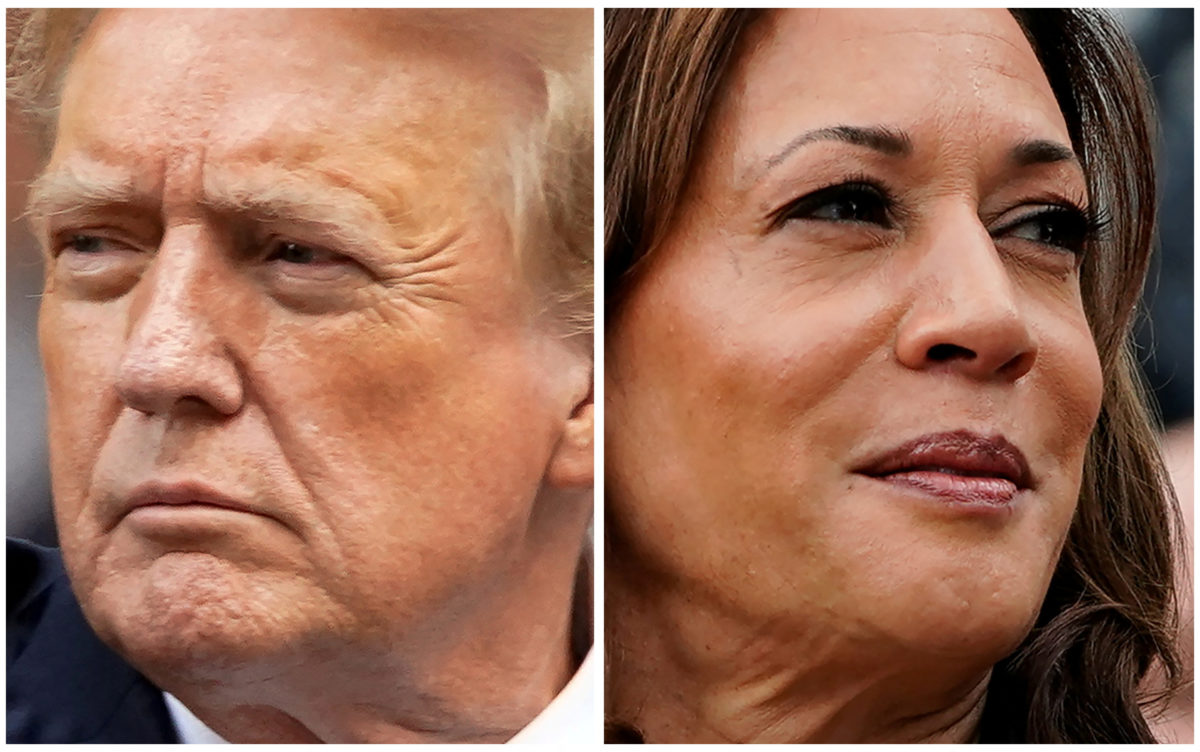US Election: Donald Trump Declines 2nd TV Debate with Kamala

As the 2024 US presidential election approaches, the political landscape has been marked by intense debates and discussions. One of the most notable developments has been Donald Trump’s decision to decline a second televised debate with Vice President Kamala Harris. This article explores the implications of this decision, the political dynamics at play, and the broader context of the upcoming US Election.
The Debate Landscape
Historical Context of Presidential Debates
Presidential debates have been a staple of American electoral politics since the first televised debate in 1960 between John F. Kennedy and Richard Nixon. These debates serve as a platform for candidates to present their policies, engage with opponents, and connect with voters. The stakes are particularly high in a polarized political climate, where public perception can shift dramatically based on performance in these high-profile events.
The Role of Debates in US Elections
Debates are crucial for candidates to convey their messages and respond to criticisms. They can make or break a campaign, influencing undecided voters and solidifying support among bases. The decision to participate or not can signal a candidate’s confidence and strategy, impacting their overall campaign narrative.
Trump’s Decision: Analyzing the Factors
Strategic Calculations
Donald Trump’s refusal to participate in the second debate can be viewed through multiple lenses:
- Maintaining Control of the Narrative: By opting out, Trump may seek to control the narrative surrounding his campaign and avoid potential pitfalls that come with unscripted interactions.
- Focus on Alternative Campaign Strategies: Trump might prefer to engage with voters through rallies and social media, where he can more directly control his message without the constraints of a debate format.
Public Perception and Polling
Trump’s decision may also reflect insights from polling data. If surveys indicate a strong lead among his base, he might determine that participation in the debate isn’t necessary to bolster his position. Alternatively, if he perceives Harris as a less formidable opponent, he might choose to sidestep the debate altogether.
Kamala Harris: The Vice President’s Role
Harris’s Position in the US Election
As the sitting Vice President, Kamala Harris carries significant weight in the US Election. Her performance in debates and public appearances can directly influence President Biden’s re-election campaign. With Trump’s decision to forgo the debate, Harris has a unique opportunity to present her vision and connect with voters on her own terms.
Potential Impact of Harris’s Debate Performance
Should Harris participate in the debate without Trump, it could reshape perceptions of her capabilities as a candidate. This could provide her with a platform to address key issues, demonstrate leadership, and strengthen her position in the Democratic ticket.
The Implications of Trump’s Decision
Impact on Voter Engagement
Trump’s refusal to engage in the debate may lead to varying effects on voter engagement. On one hand, his base may appreciate his decision as a sign of strength and assertiveness. On the other hand, undecided voters might perceive it as an avoidance of accountability, potentially swaying them towards Harris and the Democratic ticket.
Shaping the Campaign Narrative
The absence of Trump in the debate could lead to a narrative shift. Without his presence, Harris can dominate the conversation, presenting her policies and critiques of the Republican agenda. This dynamic could reinforce the image of Trump as an unwilling participant in the democratic process.
Media Reaction and Public Discourse
Coverage by News Outlets
The media’s response to Trump’s decision will play a significant role in shaping public perception. Outlets may frame his choice in various ways—either as a tactical maneuver or an indication of weakness. The tone of the coverage will influence how voters interpret the significance of the debate.
Social Media Dynamics
In today’s digital age, social media platforms serve as critical arenas for political discourse. Trump’s absence from the debate will likely prompt discussions across these platforms, with supporters and detractors weighing in. How these conversations unfold could significantly impact voter sentiment leading up to the US Election.
Historical Precedents
Past Instances of Candidates Skipping Debates
Trump’s decision to decline a debate is not without precedent. Historical examples include instances where candidates chose to forgo debates to avoid potential pitfalls. Analyzing these cases can provide insight into the strategic thinking behind such decisions and their outcomes.
Lessons Learned from Previous US Elections
Reflecting on previous US Elections, one can observe how candidates have navigated debate dynamics. The impact of these decisions often reverberates beyond the debates themselves, influencing campaign strategies and voter behavior in unexpected ways.
Conclusion
Donald Trump’s choice to decline a second televised debate with Kamala Harris is a pivotal moment in the 2024 US Election cycle. It underscores the complexities of campaign strategy in a polarized political environment. As both candidates navigate this landscape, the consequences of this decision will unfold in the months leading up to the US Election. The political ramifications of debates, voter engagement, and media narratives will all play crucial roles in shaping the outcome of this pivotal election.
In an era where every decision can alter the trajectory of a campaign, the implications of Trump’s refusal to engage in the debate will resonate beyond the immediate context, influencing the strategies and dynamics of both parties as they approach US Election day.








